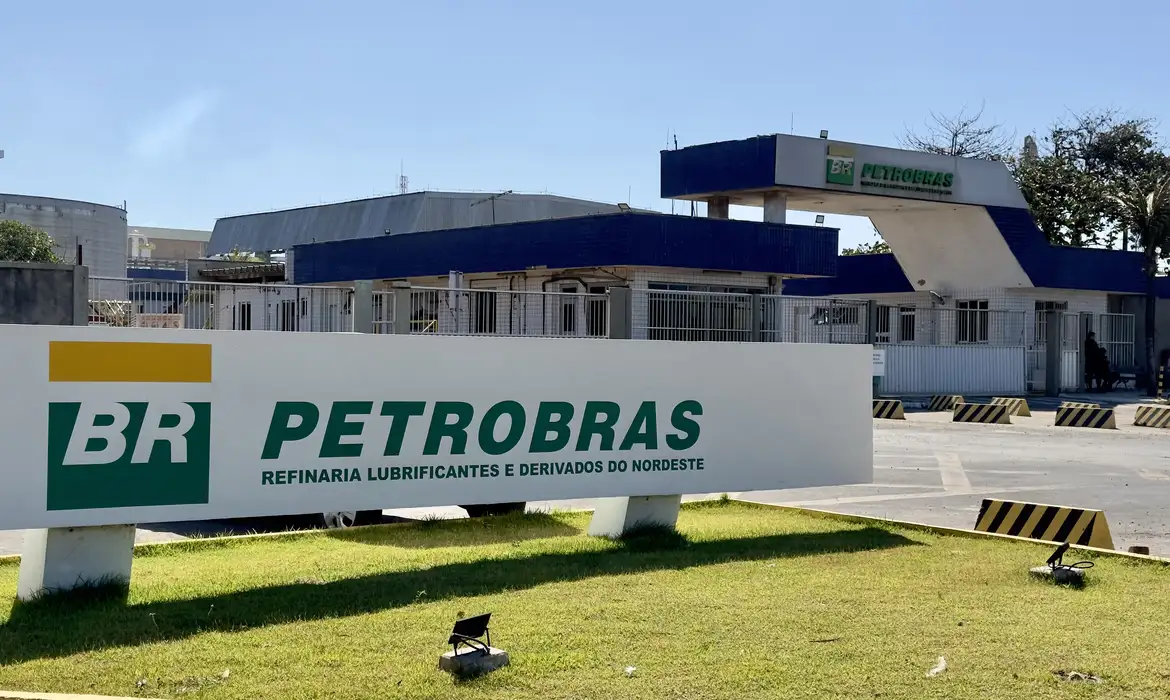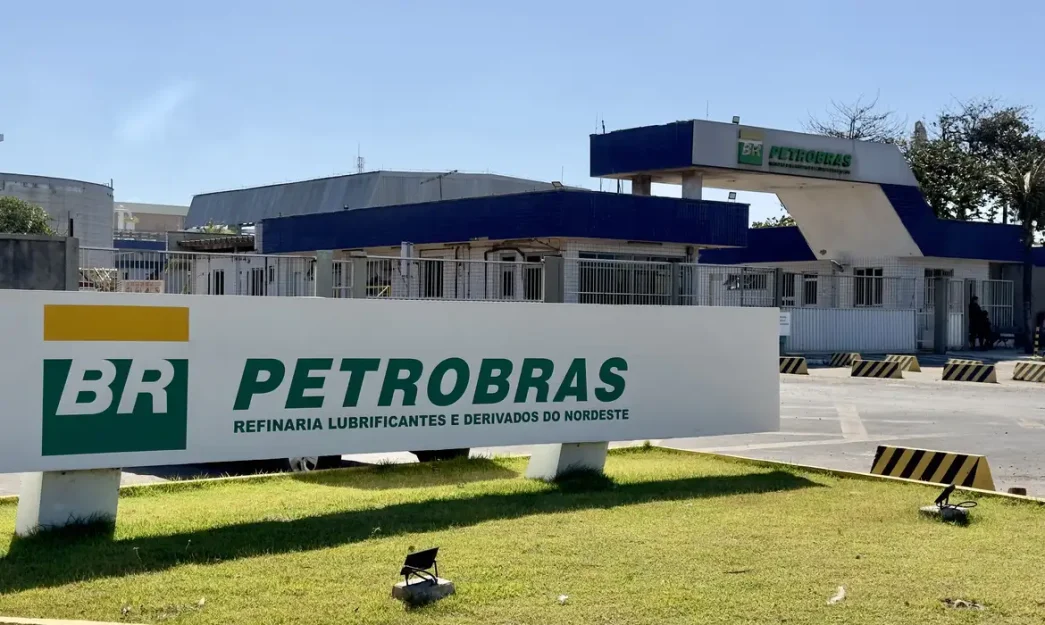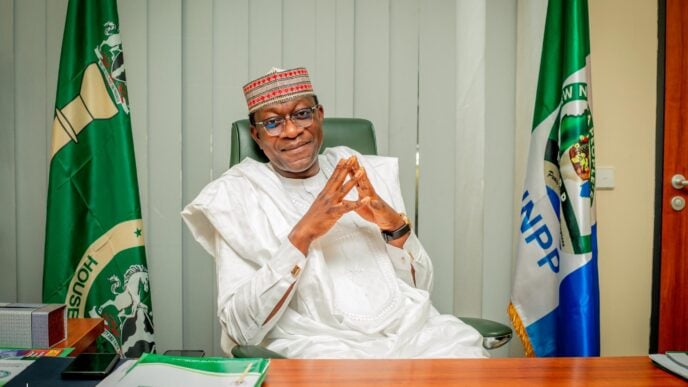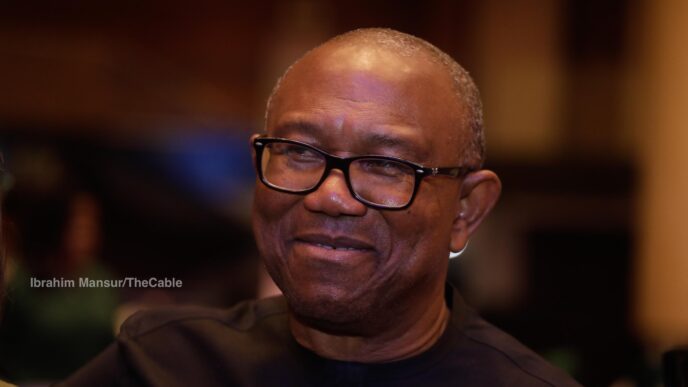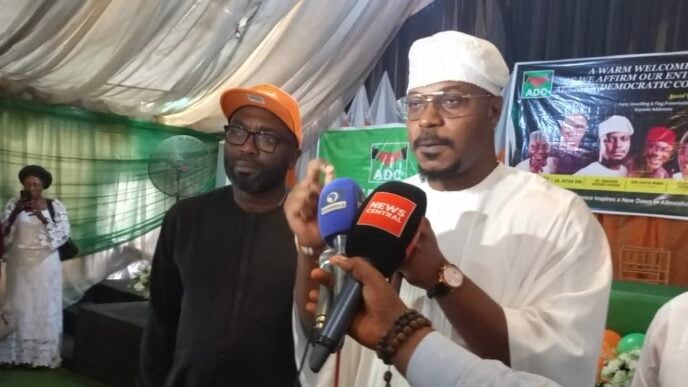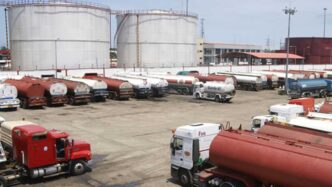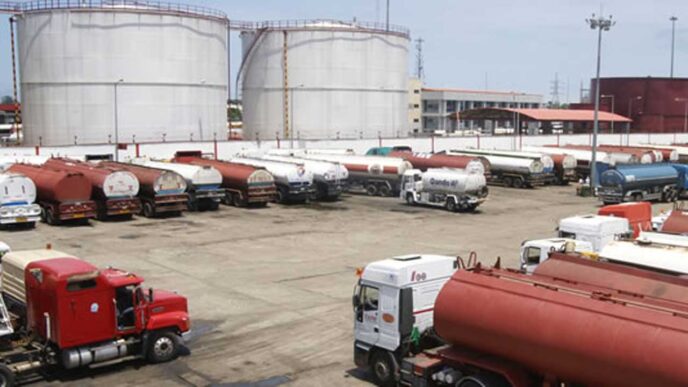In the last one year, four international oil companies (IOCs) have signed deepwater deals with Nigeria, and the number will soon increase as Petrobras, a Brazilian state-owned oil company, plans to return to Africa’s largest crude producer.
On August 26, President Bola Tinubu said Petrobras will soon return to Nigeria — five years after it exited — adding that the renewed engagement would reignite economic cooperation in the energy sector between both countries.
The announcement by Tinubu came three months after Vice-President Kashim Shettima said Petrobras was seeking re-entry into Nigeria’s oil sector, with a specific interest in frontier deepwater acreage.
Deepwater operations involve drilling and extracting oil and natural gas from beneath the ocean floor at significant depths, which is usually around 656 feet.
Advertisement
The deepwater oil blocks are located in areas of water depth beyond 200 metres and extending up to 200 nautical miles seaward from the coasts of Nigeria, according to the Nigerian Upstream Petroleum Regulatory Commission (NUPRC).
INVESTMENTS IN NIGERIA’S DEEPWATER OPERATIONS
Since Tinubu took office, there have been several new investments or expressions of interest in Nigeria’s deepwater acreage.
Advertisement
ExxonMobil, on September 26, 2024, announced plans to invest $10 billion in Nigeria’s deepwater oil operations.
On December 16, 2024, Shell Nigeria Exploration and Production Company Limited (SNEPCo) announced a final investment decision (FID) on Bonga north, a deepwater project off the coast of Nigeria.
On Monday, the NUPRC signed a deepwater production sharing contract (PSC) with TotalEnergies and South Atlantic Petroleum (Sapetro) for petroleum prospecting licences (PPL) 2000 and 2001.
Also, on August 1, Gbenga Komolafe, the chief executive officer (CEO) of NUPRC, said the country has cumulatively produced over 4.4 billion barrels from deepwater operations, with contributory efforts from Shell, ExxonMobil, TotalEnergies, Agip, and Chevron.
Advertisement
FG PUSHING FOR MORE DEEPWATER INVESTMENTS WITH INCENTIVES
Komolafe cited government incentives or ongoing interventions, including zero hydrocarbon tax on deepwater fields under the Petroleum Industry Act (PIA), as well as presidential directives 40, 41, and 42.
He said the federal government intend to increase oil output from Nigeria’s deepwater oil fields by 810,000 barrels per day (bpd) through a new cluster and nodal development initiative.
“We have identified over 20 key deep water assets such as Owowo, Nsiko, Bolia, Aparo, Bonga South West, Doro, Sheki, Akpo West, and others. While some may lack scale individually, they can become viable if developed together,” he said.
Advertisement
Already, Nigeria has attracted more than $8 billion in investments in deepwater projects and gas final investment decisions (FIDs) within one year, according to Olu Verheijen, special adviser on energy to Tinubu, on May 14.
PETROBRAS’ HISTORY IN NIGERIA
Advertisement
In November 2017, Petrobras led an effort to sell Petrobras Oil and Gas BV (Petrobras Africa), involved in two deepwater oil exploration blocks off the coast of Nigeria.
The blocks, Akpo and Agbami producing fields, were operated by Total SA and Chevron Corporation, respectively.
Advertisement
The Brazilian state-controlled firm had 50 percent of the company, in a joint venture with BTG Pactual E&P B.V.
In 2020, the firm sold its shares to Canada’s Africa Oil Corporation for $1.45 billion, exiting Nigeria and, by extension, the African continent.
Advertisement
However, in 2023, Petrobras’s interest in Africa was rekindled after the company announced the acquisition of stakes in three exploration blocks in São Tomé and Príncipe, an African island nation.
‘MORE JOBS, FOREIGN INVESTMENTS, AND EXPERTISE’
Speaking on the imminent return of the company to Nigeria, Ayodele Oni, partner at Bloomfield Law Practice, said Petrobras’s imminent return to Nigeria could have a big impact.
As one of the world’s leading oil producers, he noted, the company possesses the expertise and technology required to enhance Nigeria’s oil output.
“This could mean more jobs, not just within the company but also in areas like logistics, maintenance, and services connected to oil production,” Oni said.
“Moreover, Petrobras’s comeback could attract significant foreign investment, sparking infrastructure and technological development while giving Nigeria’s economy a nice boost.”
He said their know-how in offshore and deepwater drilling could help diversify Nigeria’s energy sector, making it more resilient to global market changes.
“In addition, their presence might lead to valuable knowledge and technology sharing. This could help local workers gain new skills and sharpen Nigeria’s technical abilities in the oil industry,” Oni said.
HOW NIGERIA CAN REMAIN ATTRACTIVE IN A COMPETITIVE MARKET
Oyeyemi Oke, partner at AO2law, described the prospect of Petrobras’ potential return to Nigeria as exciting.
However, Oke said it is necessary for Nigeria to be an attractive market in Africa to attract such deals, considering other jurisdictions are competing for investments into their oil and gas sector.
“For example, Petrobras in 2023 re-entered Africa through acquisitions of assets in São Tomé, which means there are other viable options in Africa and Nigeria should ensure investments are guaranteed from a security, returns and policy consistency perspective,” he said.
“Considering the proximity of Nigeria to São Tomé, it becomes commercially sensible for a firm like Petrobras to look at investing in Nigeria, but then again, this is highly subject to the economics of doing business in Nigeria, hence the need for Nigeria to up its game.
“While the nature of entry of Petrobras into the Nigerian market remains unclear at the moment, it is necessary to emphasise that any award of oil assets needs to comply with the provisions of the Petroleum Industry Act with respect to an open and transparent bidding process.”
He stressed that the government must ensure the bidding process complies with Nigerian law.
Additionally, Oke said there are other structures that may facilitate a quick entry into the Nigerian market, such as financial, management, and technical services agreements with government-owned petroleum oil companies.
The impending return of Petrobras, which recorded an oil and gas production average of 2.91 million barrels of oil equivalent per day (boed) in the second quarter of 2025, comes at a period when Nigeria is looking to meet a crude oil production target of 2.5 million barrels per day (bpd) by 2026, and 10 billion standard cubic feet (bscf) of gas per day by 2030.
In the last two years, Nigeria’s oil production has increased from 1 million barrels per day (bpd) in 2023 to 1.8 million bpd in 2025, according to Heineken Lokpobiri, minister of state for petroleum resources (oil), in July.
Also, NUPRC said gas production is up from 6.91 billion standard cubic feet per day (bscfd) in 2023 to 7.59 bscfd as of July 2025.
